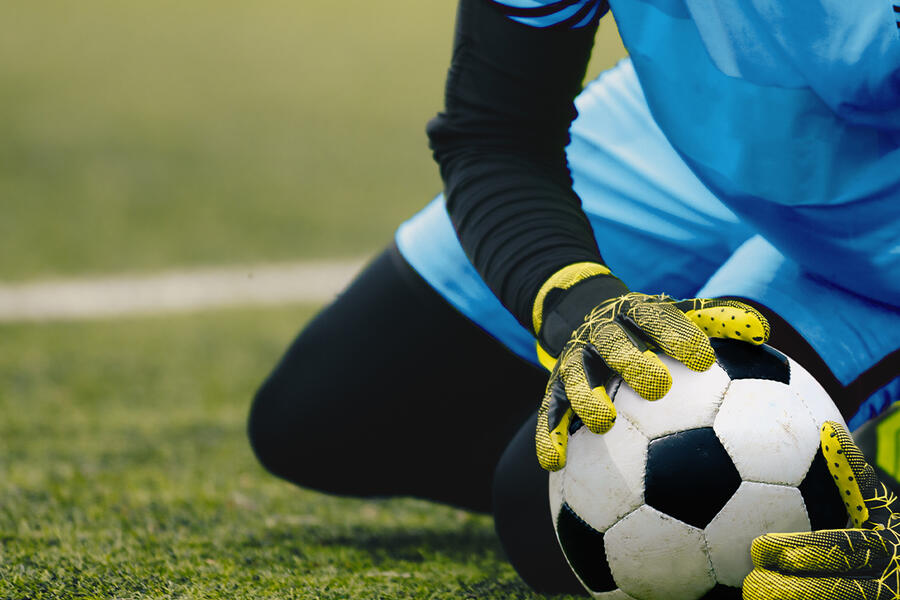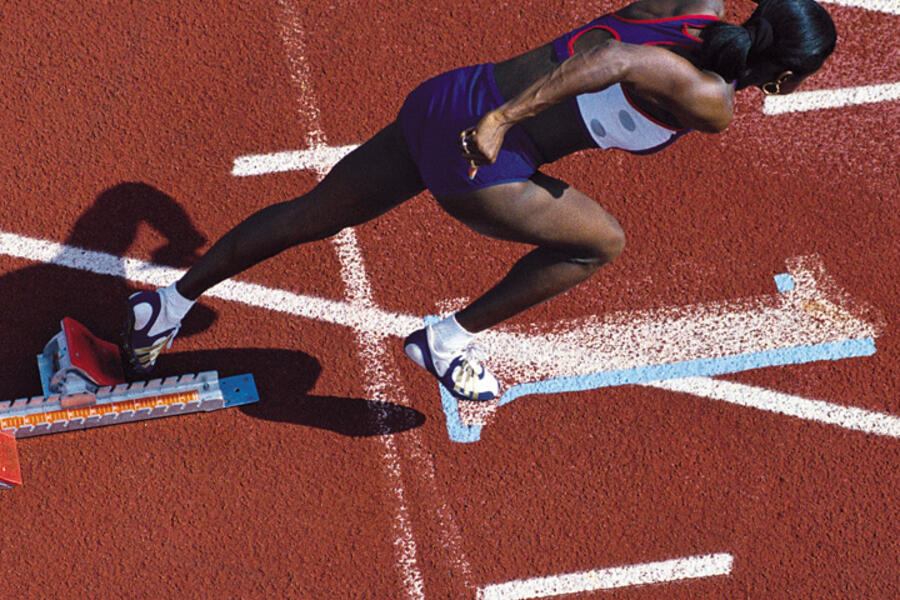
Call for Proposals for 2026 Social Science Research Grant Program
The WADA Social Science Research (SSR) Grant Program is now inviting submissions for its 2026 funding round. This initiative supports rigorous, evidence based social science research that advances our understanding of doping related behaviours, strengthens prevention efforts, and contributes to a culture of clean sport. Since its inception in 2005, the SSR Grant Program has awarded over USD 6 million across more than 160 projects.





